
PAKISTAN’S ELECTIONS AND THE CHALLENGE ASIM MUNIR FACES
 Mon, 12 Feb 2024
| Reading Time: 5 minutes
Mon, 12 Feb 2024
| Reading Time: 5 minutes

While all the counting and the conjectures on government formation go on, I draw the attention of my readership to the strategic fallout of the Pakistan election, and this is something you can expect in greater measure from my keyboard, as we progress in the next few months. It isn’t easy to draw up the linkage between Pakistan’s ongoing General Election and its current Army Chief, General Asim Munir’s espoused intent of enhancing Pakistan’s stability and strategic significance. From all his recent utterances he realizes the abysmal depths to which his nation has fallen, and it seems to be his priority intent to revive it to a higher level of geopolitical importance. General Munir has been a comparatively low-key Pakistan Army Chief till now, almost 15 months into the appointment. That is partially because of his inherent personality and the fact that he inherited a chaotic order that ruled Pakistan after his predecessor General Qamar Bajwa had pulled the rug from under the feet of his own selected Prime Minister, Imran Khan. Buffeting General Munir has been the popularity of Imran Khan on the streets and among youth, the ruinous economy which does not allow Pakistan to function as a normal state and the advancing ambitions of the Afghan Taliban through its proxies – the Tehreek-e-Taliban (Pakistan). The surprising squeamishness of his own senior officers, such as
the GOC 4 Corps in Lahore who allowed his own residence and parts of the historic cantonment to be ravaged by the Pakistan Tehreek-e-Insaf (PTI) goons, was not helpful either; it displayed divisions within the Army. Pakistan’s internal state had taken a further beating from the ravages of climate change with floods having displaced close to 2 million people and food shortages rife among them. Without the
IMF largesse Pakistan was virtually on its knees and to receive that it had to compromise its sovereignty by selling its ammunition reserves to NATO to resupply the Ukrainian warfighting machine. For General Munir it was an unenviable position, especially since General Bajwa for several years had spoken of the need for Pakistan to look inwards, examine the issue of religious extremism and support to terror groups, and come to terms with its neighbourhood. Bajwa spoke a lot at different versions of the Islamabad Dialogue but did not, or actually could not, follow up on this. He mentioned the cost that Pakistan had borne for the sake of US interests in Afghanistan. He had also spoken of the need for Pakistan to stabilize its eastern borders and learn to resolve its disputes. Bajwa’s ideas and thoughts were never followed up with an iota of action; he kept these issues floating in the air but probably coached his then presumed successor to await the opportunity to do much
more.
There is conjecture that during General Munir’s visit to Washington in recent weeks, he discussed the entire issue of Pakistan’s diluted strategic status and made and extracted promises from the US to ensure mutual enhancement of interests over the next few years. General Munir realises fully well that Pakistan as a state, has lost its credibility and if allowed to languish further due to political impropriety and
ideological hijacking, it’s very status will be under existential threat further reducing its strategic punching capability. He does not wish to assume any semblance of direct administrative responsibility lest he be subsequently blamed for the rot within. What he wants is that the nation of 240 million people (fifth largest in the world), with a new government in the offing, must have a higher level of credibility, so that
Pakistan’s geopolitical significance and legitimacy is restored based upon its geostrategic location.
Based upon the above rationale Gen Munir’s strategy is presumably to first manage the internal polity before he embarks on the measures to strengthen Pakistan’s international position. A politically fractured Pakistan cannot be viable for any major
international role of the type of Pakistan has been used to playing in the past, essentially as a frontline state of the US (in the context of Afghanistan and Central Asia) and increasingly of China (in the context of India and the Southwest Asian region).
General Asim Munir’s strategic intent appears clear. First, the general election in Pakistan should not appear to be just another ham handed one with a selection label attached to it (hard as that is); it would not do much good to Pakistan’s credibility which has never been very high for many years. Second, Imran Khan must not be permitted to win but a narrow defeat would add to the legitimacy of the election.
Third, no party should be allowed to win substantially on its own such that it could alone form a government; but being in coalition with another large party would be something acceptable. A single party government would lead to far too much chaos with controls slipping from the Pakistan Army’s hands. The experiment with the coalition government (PDM) since Nov 2022 has worked well for the Pakistan Army
and in all probability, it has worked well for the US who found a government without Imran Khan was indeed more in US interests.
The election in Pakistan has drawn lots of attention with the hope that some political stability will emerge. However, the world at large is unaware of the schemes that the Army had probably drawn up to ensure that stability is achieved but only through coalition politics, with the exclusion of Imran Khan, and under total control of the Army.
Initial reports of counting of votes appeared to lead to conclusions that all was not going well for the Pakistan Army and its intent of keeping away Imran Khan’s Pakistan Tehreek e Insaf (PTI) and that the two other mainstream parties, Nawaz Sharif’s Pakistan Muslim League – Nawaz (PML-Nawaz) and the Pakistan People’s Party (PPP) were trailing substantially. Was this a likely ploy to project legitimacy of the election process? Measures to keep away Imran Khan and his PTI had already been adopted leading to the party being in a position only to support independent candidates and that too without its election symbol; Imran Khan was of course banned for five years from participating in politics thus neutralising him. The Army may have either anticipated this situation and decided to go along and tweak the counting in favour of the more acceptable parties at a mid-way stage or has created a snafu that is potentially even more embarrassing. Many a time the Pakistan Army has been accused of inefficiency of such proportions that its interests are themselves compromised. There is the possibility that the Army has serious political divisions within its ranks with loyalty also extending to Imran Khan, thus leading to the loss of the Army’s control over the election process. In 2018 too, the Army did exactly what it wished to in favour of Imran Khan, without any objection from the Election Commission, international observers and even the judiciary. So, in 2024 it has probably resorted to the same but with an effort to gain more legitimacy for the sake of international reputation, which General Munir seeks. The danger here is that unlike 2018 when the Army had the backing of all ranks, in 2024 there are divisions within. These cropped up on May 09 2023 in Lahore Cantonment too when the PTI ridiculed the establishment at the GOC’s flagstaff house.
In all probability Gen Munir may have attempted to play this game by being too smart by half, allowing the PTI a leeway till halfway and then tweaking the result. A coalition constituting the PML(N) and PPP with an odd other smaller element (including MQM of Karachi), will probably form the government; anything to keep Imran Khan away from power. However, General Munir’s larger intent of turning around the fortunes of Pakistan through return of legitimacy to internal politics and then attempting to improve its position in the international order may yet be unrealisable. The combination of a divided Pakistan Army and a seething young population which seeks the leadership of Imran Khan may prove lethal for Pakistan. It could force General Munir to do what no one would recommend and what he would not wish to resort to either; the return of the Pakistan Army’s to direct rule. I do not foresee an eruption in the streets, but General Munir will have to have a plan to counter Imran Khan who has learnt the knack of remaining popular even from the prison cell; his social media handlers seem to have done a marvellous job. We may not have seen the last of Imran Khan Niazi and his PTI. Yet, in Pakistan when a political leader becomes a thorn in the side of the Army, he also needs to watch his back.
Disclaimer
The opinions expressed in this article are the author’s own and do not reflect the views of Chanakya Forum. All information provided in this article including timeliness, completeness, accuracy, suitability or validity of information referenced therein, is the sole responsibility of the author. www.chanakyaforum.com does not assume any responsibility for the same.
Chanakya Forum is now on . Click here to join our channel (@ChanakyaForum) and stay updated with the latest headlines and articles.
Important
We work round the clock to bring you the finest articles and updates from around the world. There is a team that works tirelessly to ensure that you have a seamless reading experience. But all this costs money. Please support us so that we keep doing what we do best. Happy Reading
Support Us






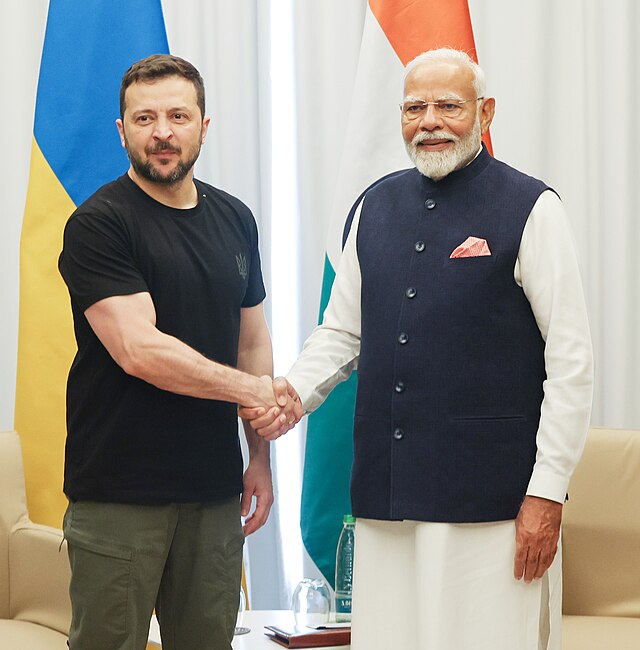
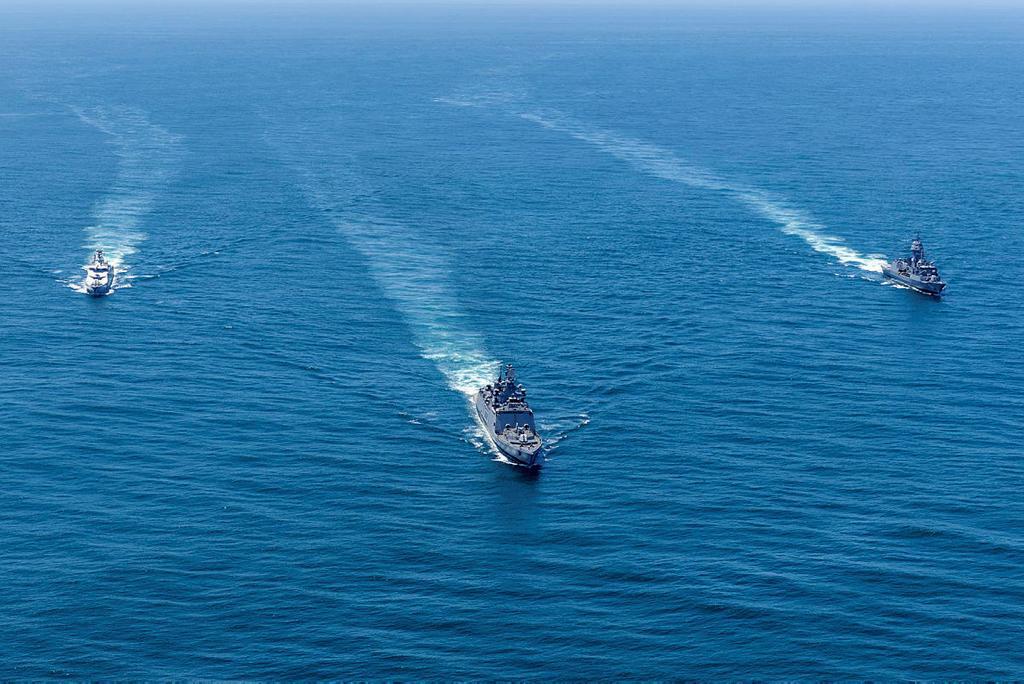
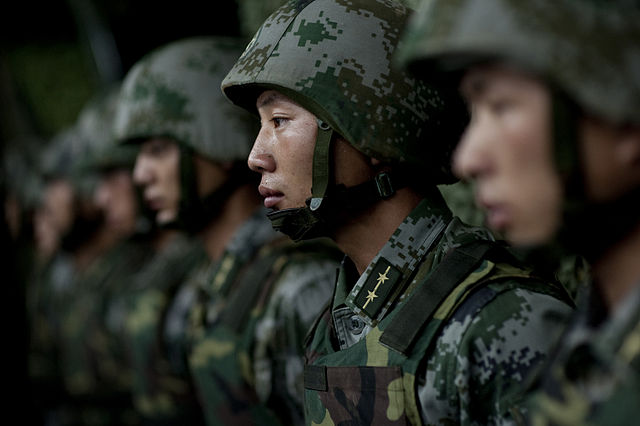
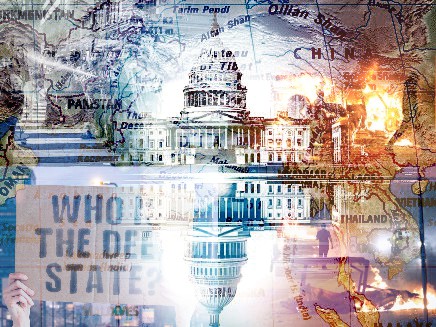

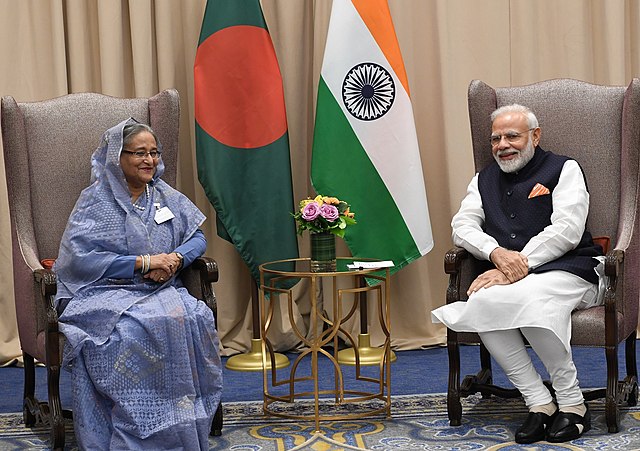
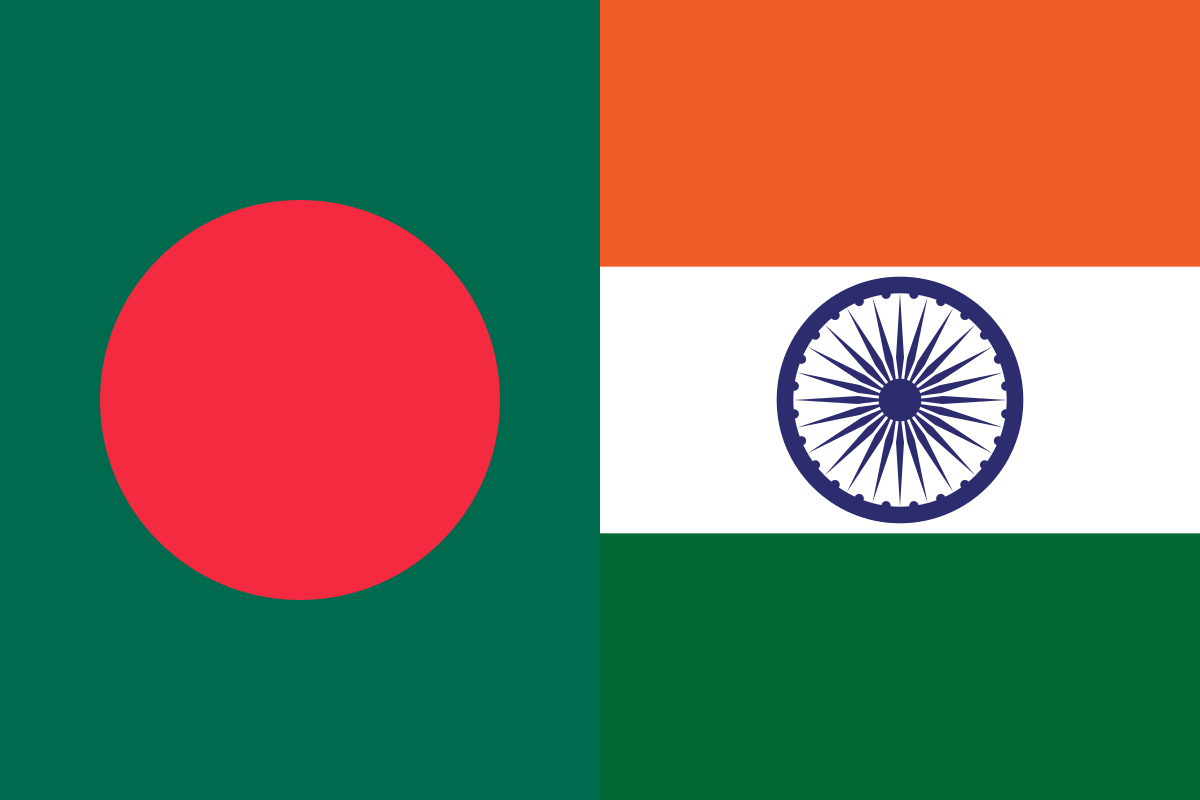
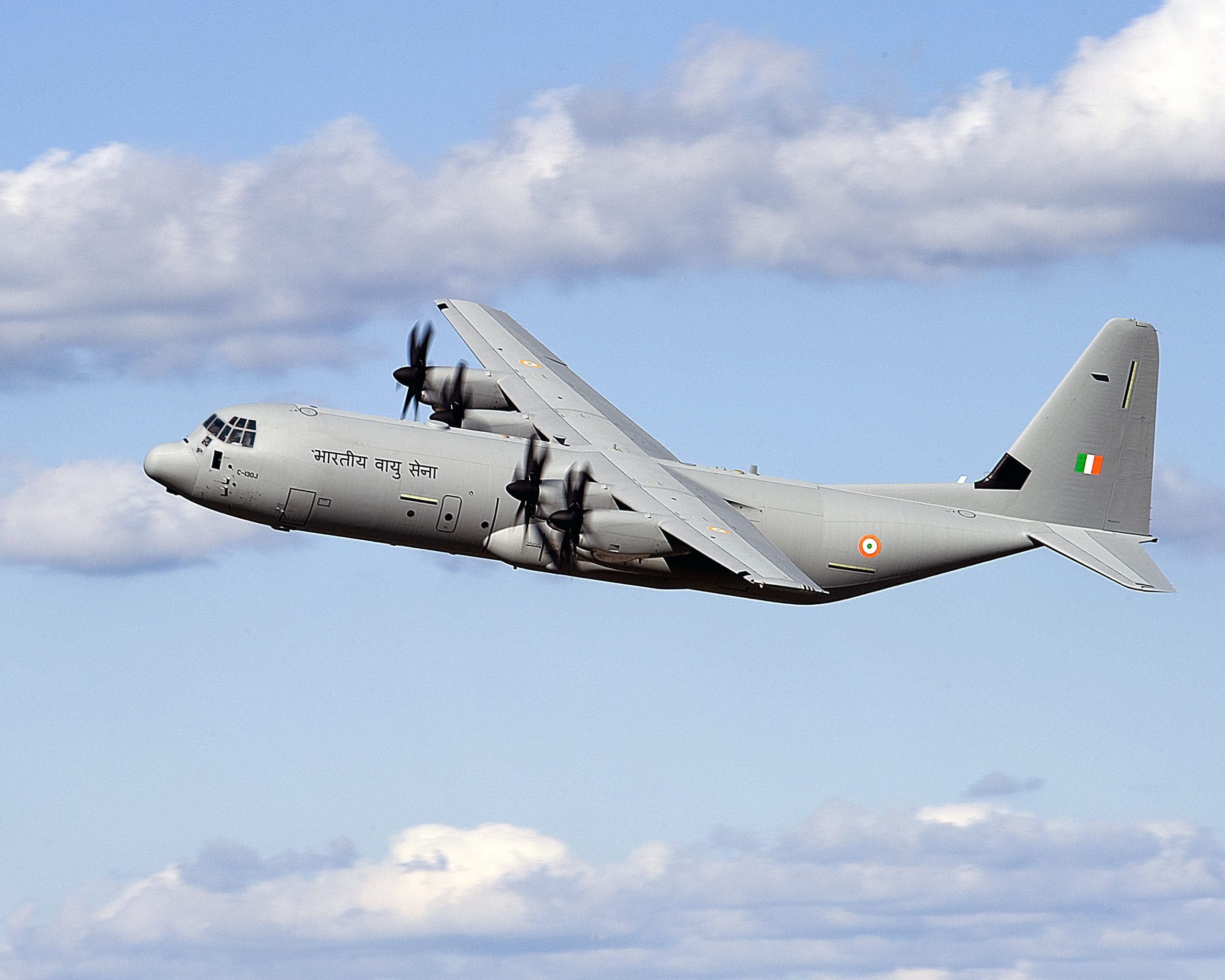







POST COMMENTS (0)